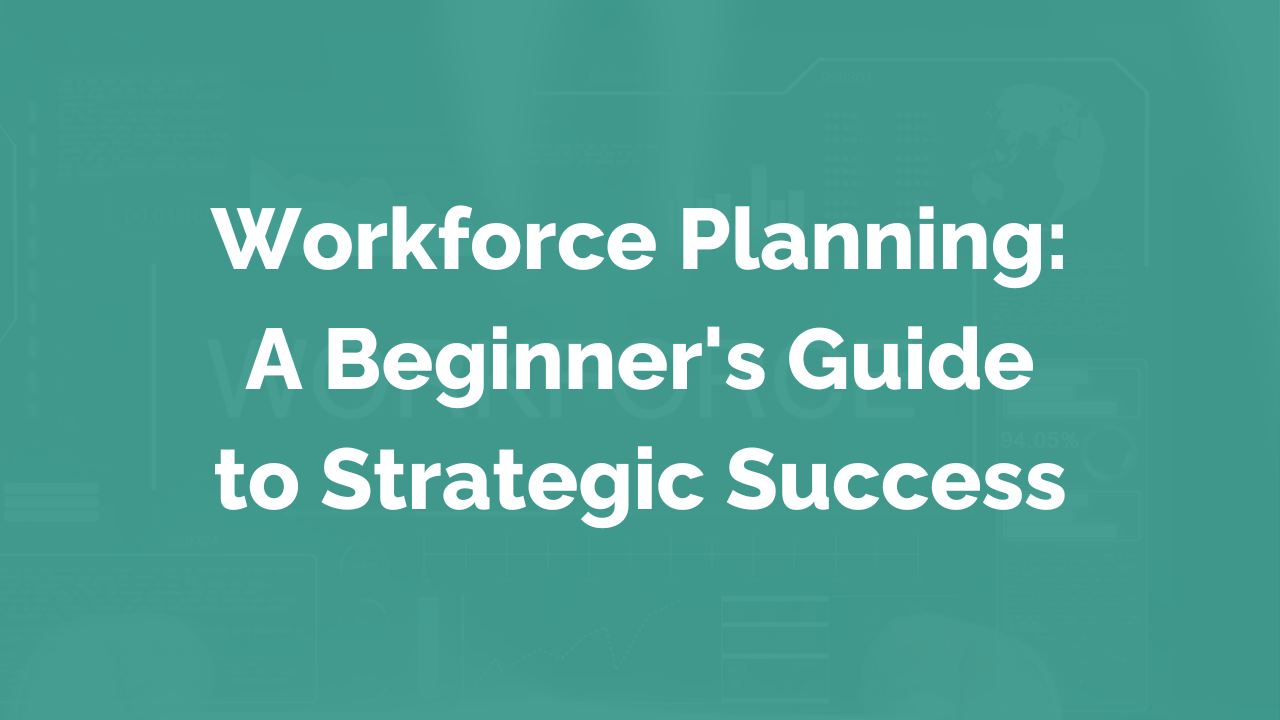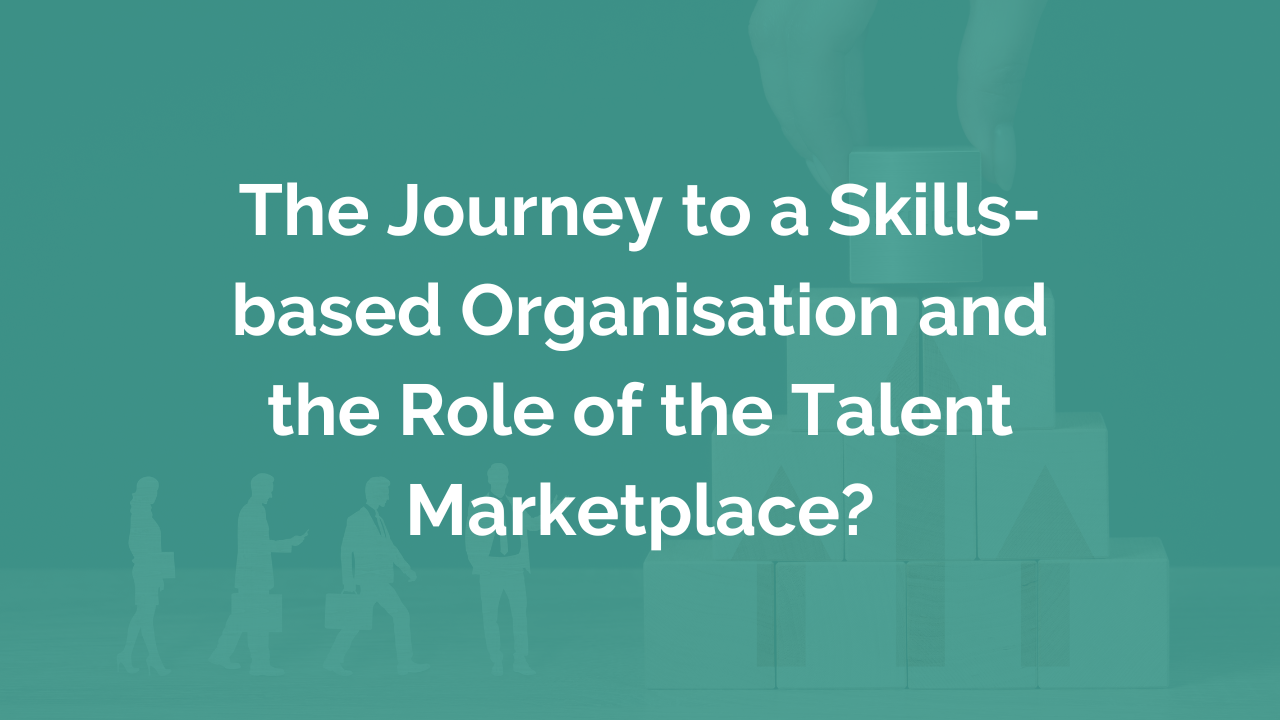This time last year, I wrote, summarising the themes of the SWP Conference 2023 in London in November 2023 – largely focussed on how organisations were getting started in their efforts to integrate long-term thinking about people with their organisation’s strategy.
Read MoreOnce upon a time in an Australian People Analytics and Planning Consultancy, a CEO said “If you can afford to advertise and pray, then don’t bother with strategic workforce planning”. That CEO was Peter Howes, of Infohrm. While amusing at the time, it’s a poignant thought today. I am often reminded of the sentiment, as I speak with HR and business leaders about their own workforce planning efforts.
Read MoreData-driven analytics and human resources (HR) have long been seen as separate entities with little overlap. However, as we move further into the digital age, the two are becoming increasingly intertwined, especially in leading companies with strong people analytics functions.
Read MoreData-driven analytics and human resources have long been seen as separate entities with little overlap. In the digital age, HR and data analysis are becoming more connected, especially in Leading Companies.
Read MoreWorkforce planning has emerged as the prevailing trend of the year (or post-COVID-19 era) as organisations strive to leverage their potential in navigating the complexities of the current economic uncertainty. However, despite the hype, many of these organisations are grappling with the terminology associated with this practice. Skills, knowledge, behaviours, and competencies are frequently used interchangeably. However, it's important to note that they hold distinct meanings within workforce planning.
Read MoreOur 2022 Insight222 People Analytics Trends research found that people analytics as a discipline has grown in importance. This is evident from the continued investment that global organisations are making in growing their people analytics functions. Our research also shows that the percentage of companies experiencing an increase in the size of their people analytics teams has increased yearly since 2020, with 65% having increased their team size in 2022.
Read MoreAttrition rates are up, productivity is low, and recruitment costs are soaring. These are just some challenges HR faces in today's ever-changing business landscape. Thankfully, there is a way to tackle these issues head-on and deliver more business value: people analytics.
Read MoreFrom economic instability to remote working policies, disrupting events in 2020 have forced many organisations to adapt their business and operating models rapidly. This, in turn, has left many HR leaders wondering how they can best plan for their workforce in a constantly evolving landscape. Tie this in with the current skills shortage that most industries face; the need for an effective workforce planning strategy has never been more transparent. But workforce planning is more than just forecasting headcount and budget allocations. It is a process that aligns an organisation's workforce with its overall business strategy and goals. It involves understanding the current and future workforce composition, identifying gaps, and developing action plans to bridge them. As our Insight222 People Analytics Trends 2022 report showed, Workforce Planning is also a key area where HR leaders and People Analytics more specifically add business value.
Read MoreMercer’s Global Talent Trends 2022 study articulates the shift towards a skills-based organisation. The report outlines how companies who are successfully doing this are addressing skills shortages through a two-pronged approach. First, they are Bending the Demand Curve through deconstructing jobs into tasks, automating parts of jobs, redesigning jobs and redesigning work models to make it easier to find people to do the tasks needed. This is coupled with Bending the Supply Curve through accessing non-traditional talent pools, reskilling/upskilling and redeploying existing talent, rebalancing the employee value proposition to attract new talent, and considering co-opetition and talent sharing.
Read MoreIn this expert interview, David Green speaks to Phil Arkcoll, CEO and co-founder of Worklytics, to understand how the pandemic has changed the way we work through remote work. Phil also highlights how the notion of work culture, interpersonal skills, and cohesive team collaboration has been affected by hybrid working. The discussion also covers Organisational Network Analysis (ONA) and how organisations can use network analysis to assess how this shift to hybrid working impacts productivity.
Read More









